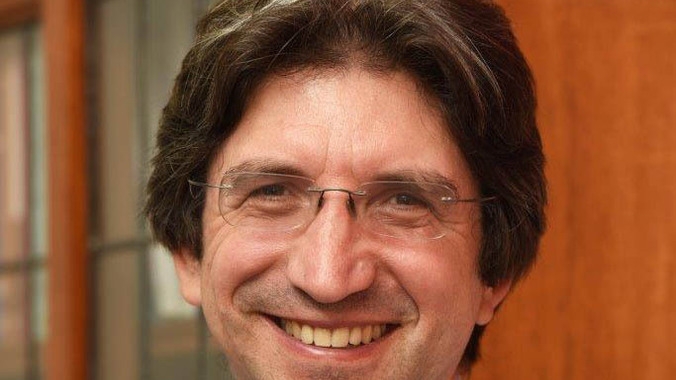Understanding the human mind

Research and its outputs over the last five to 10 years, by an individual

Psychiatric disorders are common and complex, often involving significant suffering
for the individuals and their families and at enormous cost. Professor Dan Stein, head
of the department of psychiatry and mental health at the University of Cape Town
(UCT) and affiliated hospitals such as Groote Schuur Hospital, and director of the
Stellenbosch University (SU)/UCT Medical Research Council unit on anxiety and
stress disorders, is committed to trying to understand more about how the brain
works, unlocking the extraordinary puzzle and challenge that it represents, and to
bring about help for those who need it most.
“My work is driven by trying to understand more about how the brain functions, more
about what makes people tick and why we think and feel the way we do, and more
about how society impacts the brain-mind and its disorders,” says Stein. “It’s also
driven in part by attention to mental illnesses that many have often overlooked —
such as obsessive-compulsive disorder and trichotillomania [the compulsive urge to
pull one’s hair] and in part by attention to phenomena that are highly relevant to
South Africa and Africa,such as exposure to psychological trauma, neuro-HIV/Aids
and substance use disorders.”Stein did a BSc Med with majors in biochemistry
and in psychology and an MBChB at UCT and his psychiatry training and post-
doctoral fellowship in the area of psychopharmacology at Columbia University in
New York. He completed a PhD in the area of clinical neuroscience and a DPhil
in philosophy at SU.
“I studied medicine because I thought that it would allow me to pursue my keen
interests in both the sciences and the humanities,” says Stein. “Once I was in
medical school, it struck me that of all branches of medicine, psychiatry was best
situated at the interface of the sciences and humanities. Psychiatry as a clinical
profession, and as a science, requires one to really understand the brain, to
understand people, and also the role of society in impacting on behaviour.”
For Stein, psychiatry is an inspiration in and of itself. He is driven to make a
difference and is inspired by the fact that psychiatry research requires attention
to, and integration of, knowledge and understanding about how the brain works,
about what makes people think and feel the way they do, and the ways in which
culture and society influence this. He is also inspired at home by the outstanding
research that his wife does, and by the questioning minds of his three children.
“I am also inspired by the integration of clinical care for people living with
psychiatric disorders, together with research into improving such care and training
the next generation of clinician-researchers,” he says. “I am also driven by the way
in which South Africa and Africa provide a unique and important context within
which to undertake this cross-cutting and cutting-edge kind of work.”
A list of achievements trail behind Stein and his work, and many of the people who
have worked with him in the department of psychiatry, in the SU/UCT Medical
Research Council Unit, and in UCT’s Brain-Behaviour Initiative, which he directs,
have become national and international experts.
“Many colleagues have gone on to become national and international experts and
leaders in a range of psychiatric sub-specialities, such as neuropsychiatry, addiction
psychiatry and public mental health,” says Stein. “Our department of psychiatry, the
MRC Unit and the Brain-Behaviour Initiative have collaborators in dozens of countries.
I’m particularly excited by some of the collaborative ‘big science’ work that we are
doing in the areas of neuro-imaging and neuro-genetics, combining data from different
countries and doing more together than we could alone.”
Stein believes that his biggest achievement is having been able to contribute to a
diverse range of work in addressing brain and mind and society, and having been
able to address some areas of specific interest, such as anxiety and related disorders,
in more detail.
“I am proud of the extent to which my colleagues and I have increased the attention
given to some very overlooked conditions,” says Stein. “We have also helped to
increase awareness of the importance of early exposure to psychological trauma and
how some individuals become vulnerable to mental illnesses while others become
more resilient.”
The department of psychiatry and mental health at UCT is another source of pride for
Stein, as he points to how much his colleagues have contributed and how far it has
grown over the past 10 years, with exceptional patient care, research capacity
building, and training.
“The different divisions of our department provide high-quality care with constrained
resources and they have built clinical and research capacity in the next generation
of staff and students. They have done absolutely cutting-edge research in a wide
range of areas that are crucially relevant to South Africa and Africa. I am extremely
grateful to the many colleagues in my own department and other universities
who have often led the work I’ve been involved in. Any contributions I make
ultimately reflect the key insights and hard work of this fantastic team of people.”
Written by Tamsin Oxford
Published in the Mail & Guardian, 10th July 2015
